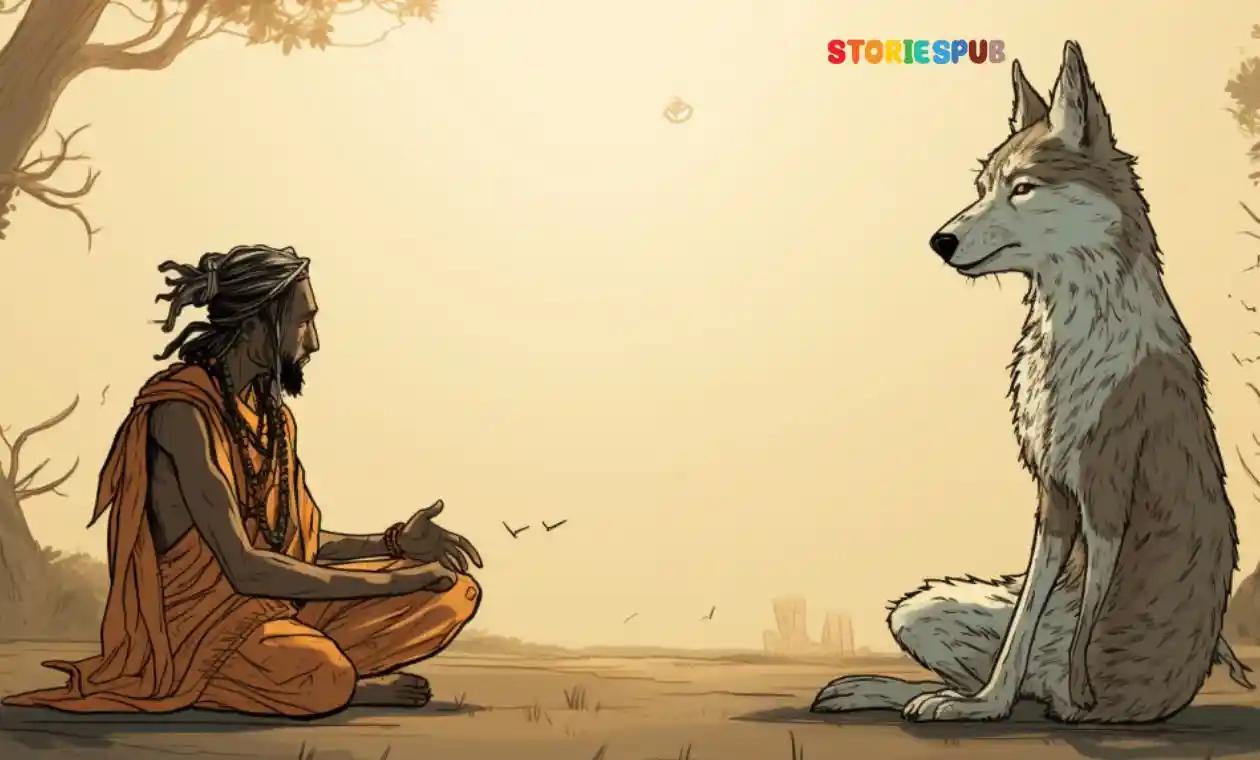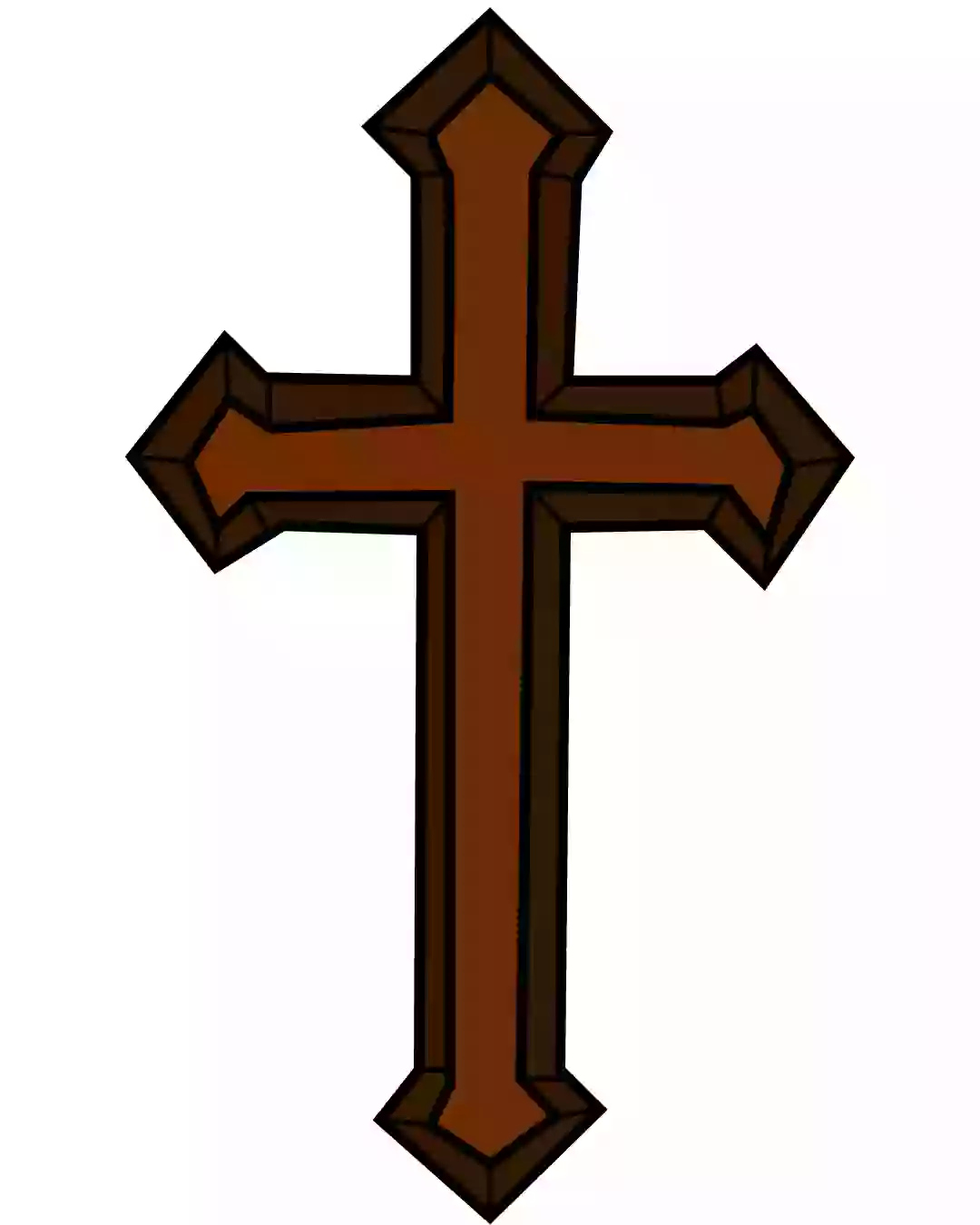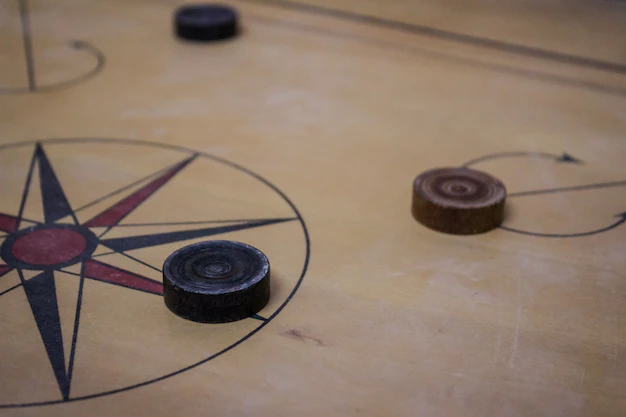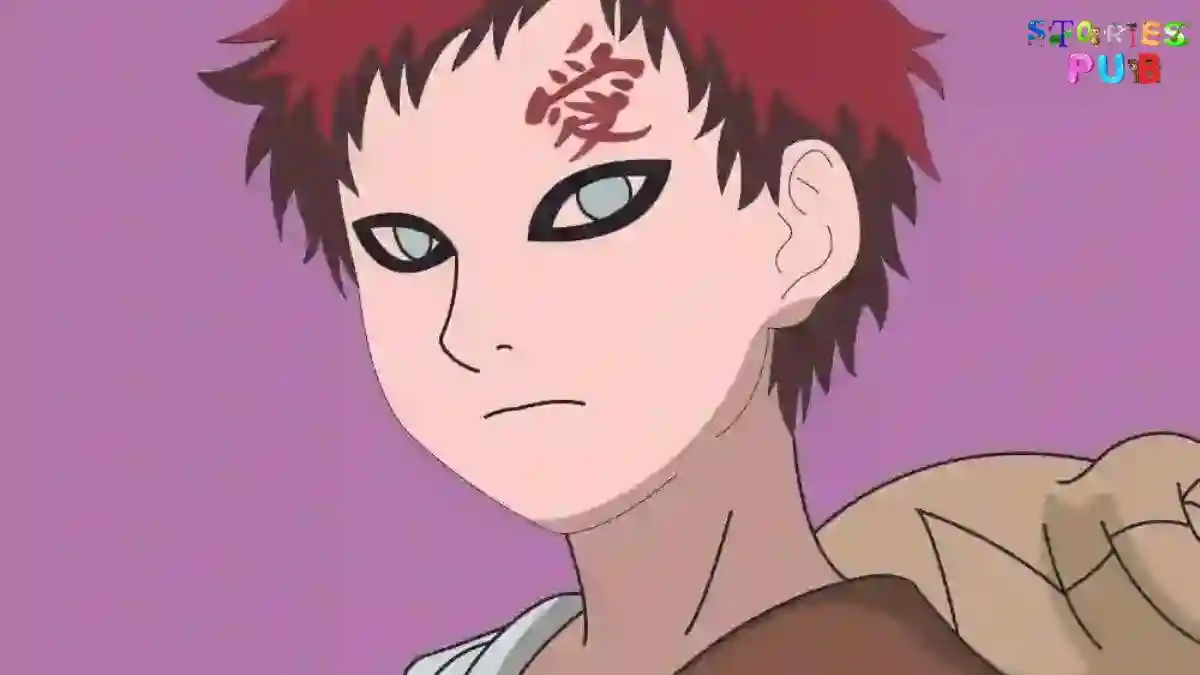Summarize this Article with:
Hua Tuo: The Ancient Physician Who Transformed Medicine

Hua Tuo, a renowned Chinese physician from the late Eastern Han Dynasty (circa 140-208 CE), is often referred to as the God of Medicine. He is celebrated for his innovative medical techniques and exceptional skills in various fields, including surgery, acupuncture, and herbal medicine. Hua Tuo’s ability to heal patients, combined with his empathetic approach to medicine, earned him this reverential title. His pioneering inventions, such as the anesthetic ma fei san (cannabis boiling powder) and the Five Animal Frolics (Wu Qin Xi) exercise system, continue to have a significant impact on traditional Chinese medicine and modern healthcare practices.
Hua Tuo Early Life
Hua Tuo, born around 140 CE during the Eastern Han Dynasty, hailed from Qiao County, now known as Bozhou City, in Anhui Province, China. Little information about his early life and family background is available, as most historical records focus on his medical achievements and interactions with the era’s influential figures. However, it is believed that he came from a modest family and showed a keen interest in the study of medicine from a young age.
Hua Tuo apprenticed under several experienced physicians before embarking on his medical career. He traveled extensively, providing treatment to patients from different regions and social backgrounds. His open-mindedness and dedication to the field, as well as his willingness to learn and develop new medical techniques, garnered him widespread admiration and respect.
As for Hua Tuo’s personal life, there is limited information on his wife and children. Some records suggest that he had a wife, but her name and background remain unknown. Similarly, there is no clear indication of Hua Tuo having any children. It is essential to keep in mind that historical records from this period are often incomplete, and much of Hua Tuo’s life is shrouded in legend.
Despite the scarcity of information about Hua Tuo’s early life and family, his medical contributions and innovations have left an indelible mark on the history of traditional Chinese medicine. The moniker “God of Medicine” is a testament to his invaluable impact on healthcare practices throughout history and up to the present day.
The story behind the invention of ma fei san
The story behind the invention of ma fei san (cannabis boiling powder) dates back to the Eastern Han Dynasty when Hua Tuo, the God of Medicine, sought to address the pain and suffering patients experienced during surgeries. At the time, surgical procedures were often excruciating due to the lack of effective anesthesia. Hua Tuo recognized the need for a solution to alleviate the pain and provide comfort to his patients.
In his quest to develop an anesthetic, Hua Tuo experimented with various herbs and concoctions. He eventually formulated ma fei san, a mixture that contained, among other ingredients, cannabis. When patients inhaled the vapors of this powder after it was boiled, they experienced a numbing sensation, losing consciousness or feeling no pain during the surgery.
Ma fei san revolutionized surgical practices of the time. With this anesthetic, Hua Tuo was able to perform complex surgical procedures, such as tumor removals, drainage of abscesses, and even abdominal surgeries, which were considered extremely risky back then. Patients could now undergo surgeries with significantly reduced pain and discomfort, enabling Hua Tuo to save more lives and treat otherwise untreatable conditions.
Despite its effectiveness, ma fei san’s use gradually declined after Hua Tuo’s death. One contributing factor was the loss of his medical manuscripts, which contained detailed information about his practices and techniques. Additionally, social and political changes during that period may have led to the decline in the use of cannabis-based anesthetics. Nonetheless, Hua Tuo’s invention of ma fei san remains a significant milestone in the history of anesthesia and medical science.
How Hua Tuo’s surgical techniques revolutionized medicine
Hua Tuo’s surgical techniques played a crucial role in revolutionizing medicine during the Eastern Han Dynasty and laid the foundation for future developments in the field. His innovations not only improved the treatment of various ailments but also demonstrated the possibilities of surgical intervention in an era when surgery was far from the norm. Some of the ways Hua Tuo’s surgical techniques transformed medicine include:
Anesthesia: Hua Tuo’s invention of ma fei san (cannabis boiling powder) was a groundbreaking development in the history of anesthesia. Before its discovery, surgeries were painful, and many patients would avoid them due to fear of the agony. With the introduction of ma fei san, patients could undergo surgeries with minimal pain, making it possible to perform complex and life-saving procedures.
Aseptic techniques: Hua Tuo is said to have been conscious of the importance of cleanliness in surgery. Although modern aseptic techniques were not developed until much later, Hua Tuo’s emphasis on sterilization and cleanliness laid the groundwork for the concept. He would sterilize his surgical instruments and keep the surgical area clean to prevent infections, a practice that was far ahead of his time.
Advanced surgical procedures: Hua Tuo is credited with performing various surgical procedures, some of which were incredibly advanced for his time. These included tumor removals, treatment of gangrene, drainage of abscesses, and even abdominal surgeries. He also developed treatments for bone fractures, dislocations, and other traumatic injuries.
Integration of acupuncture and surgery: Hua Tuo’s expertise in acupuncture allowed him to integrate this traditional Chinese medical practice with his surgical procedures. Acupuncture, combined with ma fei san, helped minimize pain and improve the healing process for patients.
Postoperative care and rehabilitation: Hua Tuo recognized the importance of postoperative care and rehabilitation for a patient’s recovery. He developed the Five Animal Frolics (Wu Qin Xi), an exercise system designed to promote healing, strengthen the body, and maintain overall health.
Hua Tuo’s surgical techniques revolutionized medicine in ancient China and beyond, as they showcased the potential for surgical intervention to treat a wide range of ailments. His contributions to surgery and anesthesia have had a lasting impact on the development of modern medical practices, solidifying his legacy as the God of Medicine.
Hua Tuo’s contributions to acupuncture
Hua Tuo was a pioneering figure in the field of acupuncture, and his contributions significantly influenced the practice and development of this ancient Chinese medical technique. Some of his notable contributions to acupuncture include:
Innovative acupuncture techniques: Hua Tuo developed new acupuncture techniques, enhancing the effectiveness of this traditional Chinese practice. He focused on the precise insertion of acupuncture needles at specific points on the body to treat various ailments and relieve pain. His innovative methods improved the therapeutic outcomes of acupuncture treatments.
Acupuncture anesthesia: Hua Tuo is believed to have used acupuncture as a form of anesthesia during surgeries, alongside his anesthetic ma fei san (cannabis boiling powder). He would insert acupuncture needles at specific points to numb the targeted area, making it possible to perform surgeries with less pain and discomfort for the patients.
Hua Tuo Jiaji points: Hua Tuo is credited with discovering the Hua Tuo Jiaji points, a set of acupuncture points located on either side of the spine. These points are still widely used in modern acupuncture practice to treat various conditions, including back pain, spinal disorders, and neurological issues.
Integrative approach to medicine: Hua Tuo’s work in acupuncture showcased his holistic and integrative approach to medicine. He combined acupuncture with other medical practices, such as herbal medicine, moxibustion, and surgery, to provide comprehensive treatments for his patients.
Educational influence: Hua Tuo’s expertise and success in acupuncture inspired many physicians and students to study and practice this traditional Chinese medical technique. His teachings and techniques were passed down through generations, contributing to the continued development and refinement of acupuncture as a therapeutic modality.
Hua Tuo’s contributions to acupuncture not only advanced the practice during his time but also laid the foundation for modern acupuncture techniques. His work has had a lasting impact on the field, and he continues to be revered as an influential figure in the history of traditional Chinese medicine.
Origin and significance of Wu Qin Xi and it’s role in Chinese medicine
Wu Qin Xi, also known as the Five Animal Frolics, is a unique exercise system developed by Hua Tuo, the God of Medicine, during the Eastern Han Dynasty. This health-promoting practice is based on the movements and characteristics of five animals: the tiger, deer, bear, monkey, and bird. Hua Tuo designed these exercises by observing and emulating the animals’ natural behaviors and integrating them with traditional Chinese medicine principles.
The Significance of Wu Qin Xi:
Holistic health approach: Wu Qin Xi emphasizes the integration of the mind, body, and spirit for overall well-being. The exercises focus on cultivating internal energy (Qi) and balancing the body’s energy pathways (meridians) to promote health, vitality, and longevity.
Preventive healthcare: The Five Animal Frolics serve as a preventive healthcare system in Chinese medicine. Regular practice of these exercises is believed to strengthen the immune system, improve organ function, enhance flexibility, and increase physical strength, reducing the risk of illness and disease.
Stress reduction and mental well-being: Wu Qin Xi incorporates deep breathing and meditative elements, helping practitioners release stress and achieve a state of mental calmness. The exercises can improve emotional well-being by reducing anxiety and depression, enhancing mood, and promoting relaxation.
Rehabilitation and postoperative care: Hua Tuo used the Five Animal Frolics as a form of rehabilitation for his patients, especially those recovering from surgeries or suffering from chronic conditions. The exercises help improve circulation, restore physical strength, and promote healing.
The Role of Wu Qin Xi in Chinese Medicine:
Wu Qin Xi holds a vital position in traditional Chinese medicine as a natural, non-invasive approach to maintaining health and preventing illness. The exercises are designed to harmonize the body’s Yin and Yang energies, regulate the flow of Qi, and stimulate the meridians, aligning with the core principles of Chinese medicine. Today, the Five Animal Frolics is still practiced by many people as a form of exercise, meditation, and self-care, showcasing the enduring legacy of Hua Tuo’s innovative health practices.
The story of Hua Tuo’s failed attempt to treat Cao Cao
The story of Hua Tuo’s failed attempt to treat Cao Cao, a prominent warlord and the Chancellor of the Eastern Han Dynasty, is an intriguing part of Chinese history and a testimony to Hua Tuo’s exceptional medical skills.
Cao Cao, who ruled over a vast territory and had great influence, began to suffer from severe headaches. His condition affected his ability to govern and carry out his duties. Having heard of Hua Tuo’s reputation as the God of Medicine, Cao Cao summoned him to treat his ailment.
Hua Tuo examined Cao Cao and diagnosed him with a condition caused by the accumulation of excess blood and fluid in the skull, which was putting pressure on his brain. Hua Tuo suggested a risky yet necessary surgical procedure, trepanation, to alleviate the pressure and relieve Cao Cao’s headaches.
However, Cao Cao was suspicious of Hua Tuo’s intentions. In those times, surgery was not a common practice, and Cao Cao feared that Hua Tuo might try to assassinate him under the pretense of a medical procedure. Consequently, he rejected Hua Tuo’s proposal for surgery and imprisoned the physician, accusing him of plotting against his life.
While in prison, Hua Tuo continued to treat fellow inmates using his medical knowledge. It is said that he eventually passed away in captivity, taking with him his extensive knowledge of medicine, as his medical manuscripts were lost or destroyed. Cao Cao’s condition continued to worsen, and he suffered from debilitating headaches until his death.
This story highlights the complexity of Hua Tuo’s relationship with powerful figures of his time and the mistrust that surrounded medical practices, particularly surgery. Although Hua Tuo’s attempt to treat Cao Cao failed, his medical innovations and techniques have left a lasting impact on the development of traditional Chinese medicine and modern healthcare practices.
Hua Tuo’s Medical Texts and Records
Hua Tuo’s medical texts and records were essential resources documenting his extensive knowledge, techniques, and innovations in the field of traditional Chinese medicine. Unfortunately, much of this valuable information has been lost over time due to various factors, including war, political upheaval, and the passage of time. However, some aspects of Hua Tuo’s medical expertise have been preserved in other historical records and medical texts, allowing us to gain insights into his contributions to medicine.
Hua Tuo’s lost medical manuscripts: Hua Tuo is believed to have written a comprehensive medical manuscript detailing his practices, techniques, and innovations, including surgery, anesthesia, acupuncture, and herbal medicine. Regrettably, these manuscripts were lost or destroyed after his imprisonment and death, leaving a significant gap in our understanding of his work.
Records in historical texts: Despite the loss of Hua Tuo’s manuscripts, some information about his medical practices can be found in various historical records, such as “Hou Han Shu” (Book of the Later Han), “San Guo Zhi” (Records of the Three Kingdoms), and “Ben Cao Gang Mu” (Compendium of Materia Medica). These texts provide accounts of Hua Tuo’s achievements and techniques, albeit often fragmented and limited in detail.
Later medical texts inspired by Hua Tuo: Over the centuries, several physicians and scholars have drawn inspiration from Hua Tuo’s work, integrating his teachings and techniques into their own practices. As a result, some of Hua Tuo’s medical knowledge has been preserved in later medical texts, contributing to the continued development of traditional Chinese medicine.
Conclusion
In conclusion, Hua Tuo, known as the God of Medicine, was a pioneering physician and surgeon whose innovations and techniques greatly influenced the development of traditional Chinese medicine and modern healthcare practices. Despite living in an era when surgery was far from the norm, Hua Tuo revolutionized medicine with his groundbreaking contributions to anesthesia, surgery, acupuncture, and preventive healthcare.
His invention of the anesthetic ma fei san (cannabis boiling powder) made it possible for patients to undergo surgeries with minimal pain, while his surgical techniques, such as aseptic methods and advanced procedures, showcased the potential of surgical intervention. In acupuncture, Hua Tuo’s innovative techniques and the discovery of Hua Tuo Jiaji points have had a lasting impact on the practice. Moreover, his creation of the Five Animal Frolics (Wu Qin Xi) exercise system has become a cornerstone of preventive healthcare in Chinese medicine.
Although much of Hua Tuo’s medical knowledge was lost due to the disappearance of his original texts and records, the information preserved in historical records and subsequent medical texts demonstrates the immense value of his contributions. Despite facing challenges, such as the failed attempt to treat the warlord Cao Cao, Hua Tuo’s legacy continues to inspire and inform medical practitioners worldwide. His story serves as a testament to the transformative power of innovation and knowledge in the field of medicine.
Hey kids, how much did you like Hua Tuo: The Ancient Physician Who Transformed Medicine? Please share your view in the comment box. Also, please share this story with your friends on social media so they can also enjoy it, and for more such Chinese Mythology, please bookmark storiespub.com.
Related Post :














